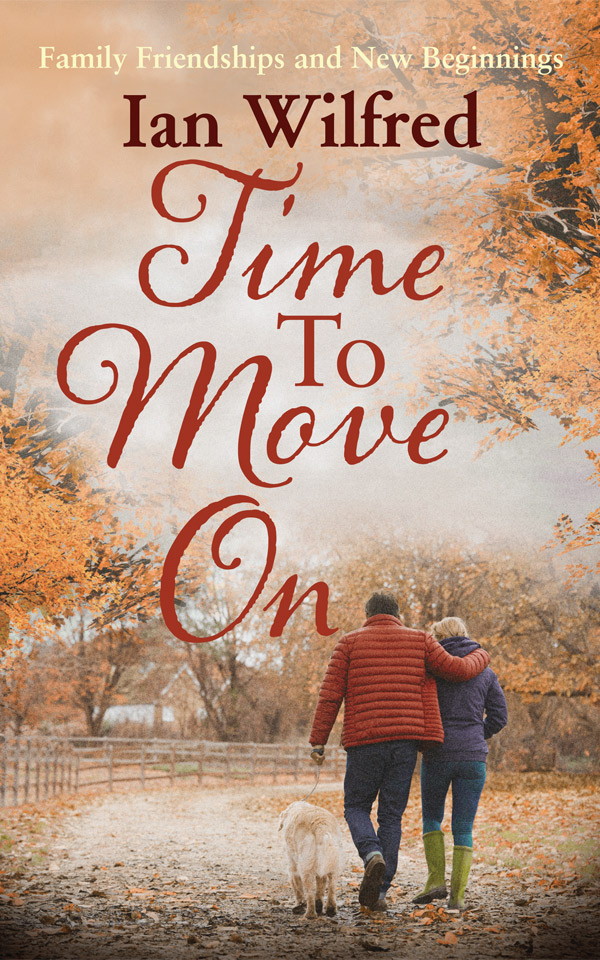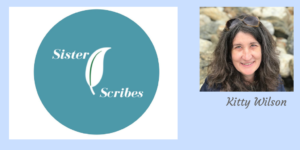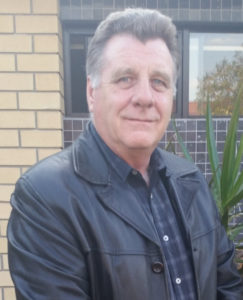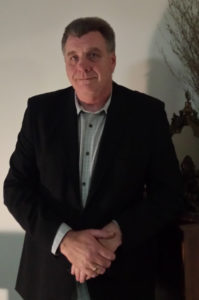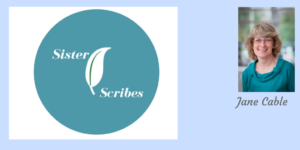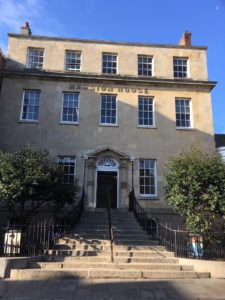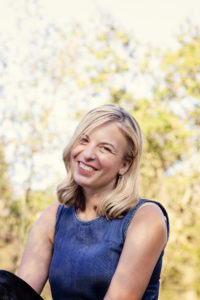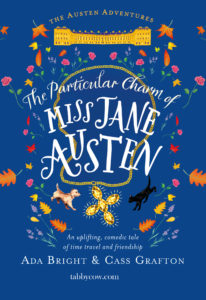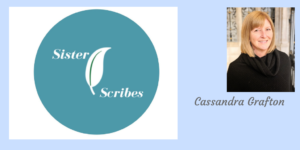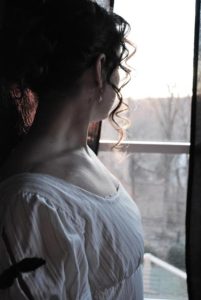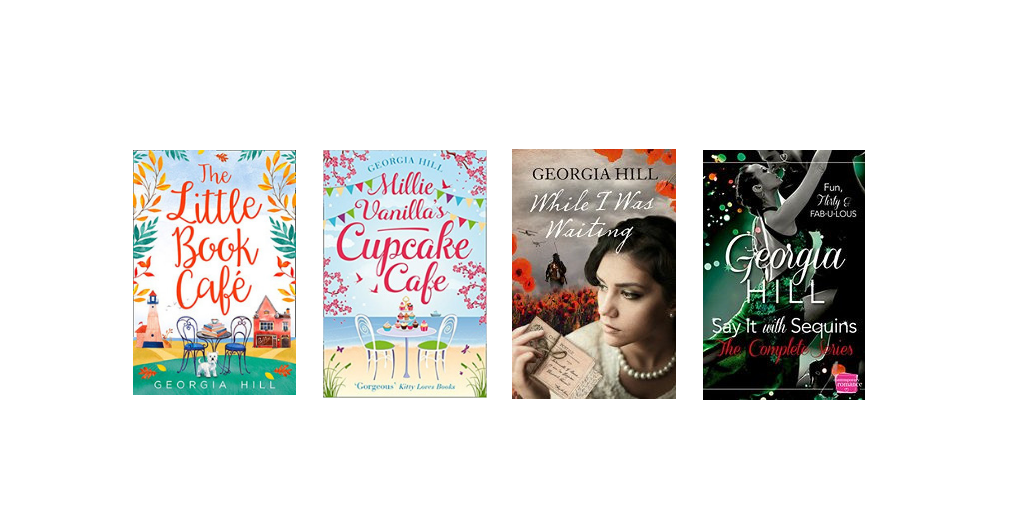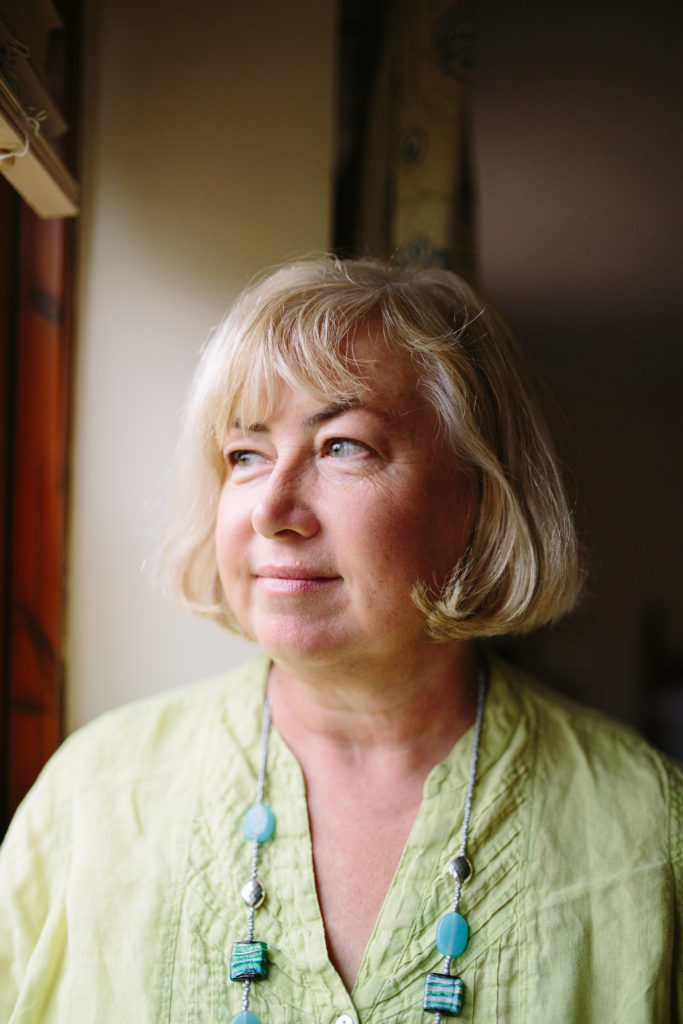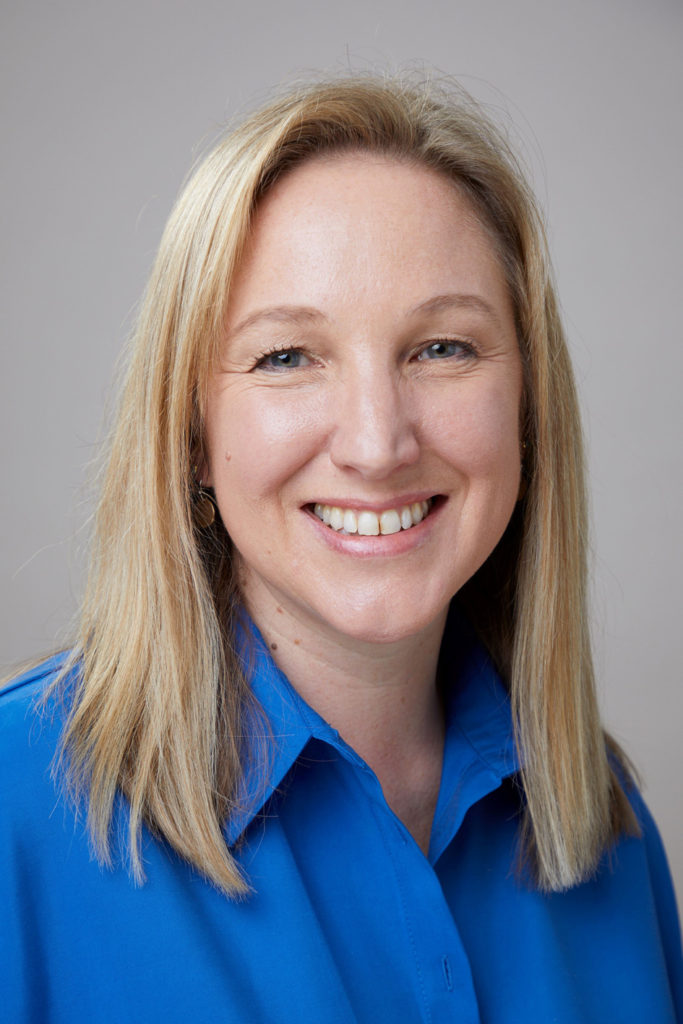 What you have written, past and present.
What you have written, past and present.
I have written two books, both about childbirth. The first, a ‘how to’ manual called The Positive Birth Book, is a guide for pregnant women on how to approach birth differently, reframe it as a positive experience, and have a positive birth in any circumstance. The most recent, Give Birth Like a Feminist, is a call to arms, exposing the misogyny and power imbalance at play in the modern birth room, and giving women information about their choices and rights so that they can take a more active role in their birth. I also write opinion articles and features for the Telegraph, Guardian, ipaper, Independent, Mother&Baby and more! I started out as a blogger when I was taking a break from my work as a therapist due to having two young children. My blog became really successful and through that I got work as a journalist, and now an author.
What you are promoting now.
Give Birth Like a Feminist, which came out on August 22nd.
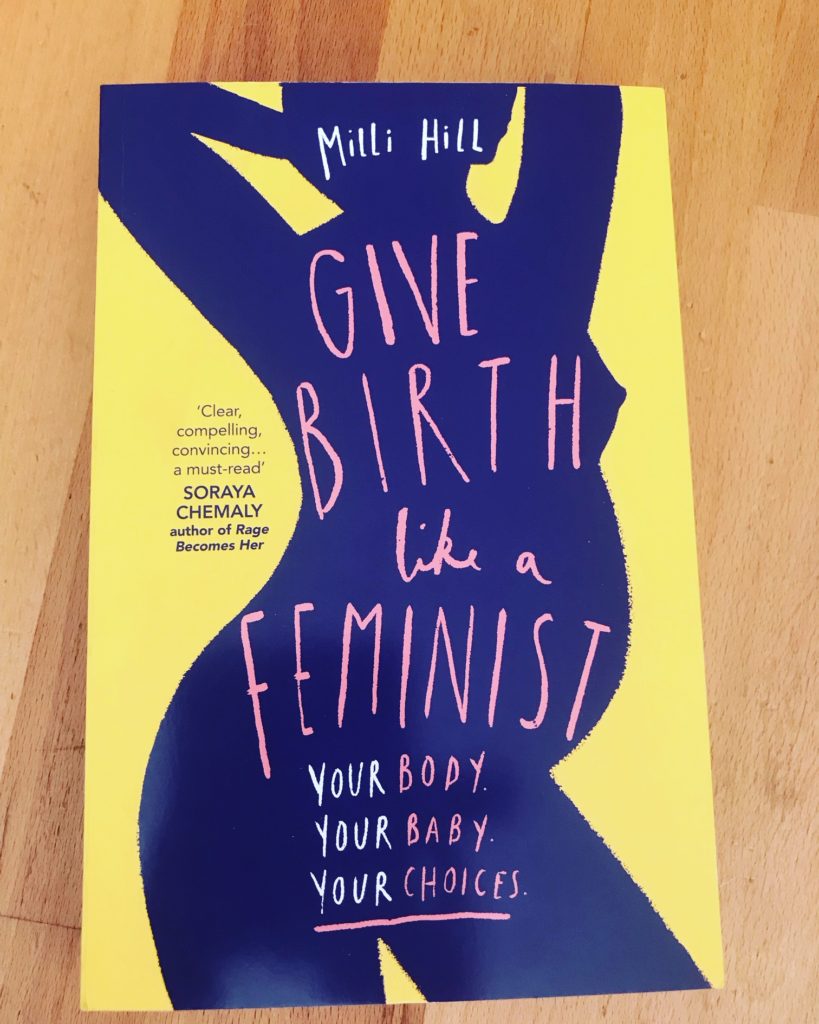
A bit about your process of writing.
I do a lot of thinking before I start. Maybe over days, or months, or during a dog walk, or in the shower! Then I usually make a spider diagram with the key point at the centre and all the other points coming off it. This sounds terribly organised but it’s normally done on the back of an envelope with a child hanging off my leg with the key aim of preserving the thoughts before they are lost! Then when I get the time to write, the ideas are all there, laid out for me. Getting to my desk is hard with a large family, and I also struggle with my inner critic / imposter syndrome etc, so the whole things becomes like a sort of inner dialogue between the part of me that believes in myself and my ideas and the part of me that says I’ve got nothing of interest to say. Those two parts of me argue for quite a while and then the confident part sort of grabs the reluctant part by the scruff of the metaphorical neck and frogmarches her to the desk. At which point I usually get on with it. I take a long time over what I have to say and am a perfectionist. Someone once described my writing as sounding ‘effortless’ which I took as a great compliment but it really could not be further from the truth!
Do you plan or just write?
I do both. I usually plan the skeleton but then putting on the flesh is the ‘just writing’ part.
What about word count?
I’m used to writing articles with a word count of around 800 to 1000 words and I think that’s a really nice bite size amount to get something across in. Even in a 10000 word book, breaking it down in your mind into chunks of 1000 words is a great way to keep it manageable both for you as a writer, and for your reader. I’m very conscious of how busy the world is now and how you need to get your ideas across quickly and in a way that feels accessible. And if you can just write 100 really great, thousand word pieces, then, bingo, you have a book. Effortless!
How do you do your structure?
I’m a big fan of circular structures by which I mean making a point / telling a story, or a joke etc in paragraph 1 of an article, then taking the reader on a journey through the next 8 paragraphs, and then coming back to the reference you made in paragraph one but somehow showing a development, growth, transformation has been make during the piece. On a larger scale you can do this in a book chapter, and then make an even bigger loop around the book itself. So you can have some nice loops within loops.
What do you find hard about writing?
I find it hard full stop, but also strangely compulsive! It’s like any creative process really, there is always that ‘void’ where it feels impossible, I totally hate that feeling of the blank page, the flashing cursor of doom etc! And as I’ve said, the mental battle of finding my voice is also deeply irritating! I also really miss the time when I was first writing my blog and could be more creative. Now I often feel I’m writing to order with article commissions etc and that kind of sucks the life out of it a bit. One day I really want to write fiction and I’m really looking forward to that!
What do you love about writing?
I love the moment where creativity springs into life and the ideas start to flow and you know your fingers are knocking out killer sentences! I love reading something back and being surprised that I wrote it – this often happens to me! I think, oh, that’s actually really quite good! Did I write that?! That’s a really nice feeling. And I also like reaching other people through writing. Having my latest book published recently has been really fun in terms of being able to have conversations with people about what I’ve written and hear their feedback. The actual process of writing is quite isolating which I quite enjoy but then it’s nice to come and dance in the sunshine a bit afterwards!
Advice for other writers.
If you are starting out a blog can be great – I was disciplined with mine and made myself do one post a week for quite a long time. I got better by doing that and I also learned a bit about what people enjoyed and wanted to read because of the instant feedback you get on a blog. Reading other writers you admire can be very inspiring too. But wherever you are up to as a writer, the main thing (and every writer knows this but it’s easier said than done!) is just write. Frogmarch yourself to the desk and just flipping well get on with it!
Give Birth Like a Feminist is available now.
Check out the The Positive Birth Movement.
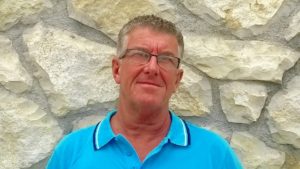 Do men write romance? They certainly do, as Romantic Novelists’ Association member Ian Wilfred proves. Ian’s characters are instantly relatable and he has a knack of choosing gorgeous settings, from Tenerife to Greece to his native Norfolk.
Do men write romance? They certainly do, as Romantic Novelists’ Association member Ian Wilfred proves. Ian’s characters are instantly relatable and he has a knack of choosing gorgeous settings, from Tenerife to Greece to his native Norfolk.

